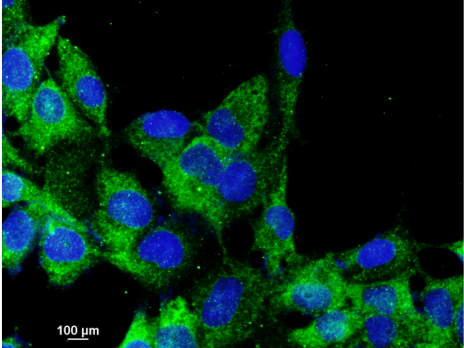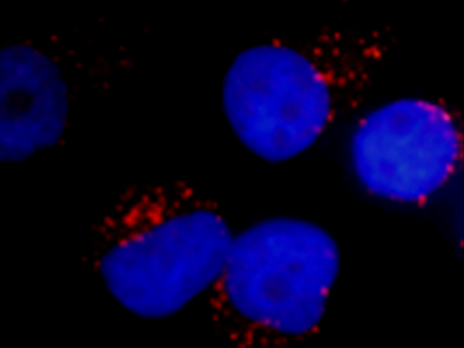
Extracellular vesicles with biomarkers for metabolic diseases and chronic inflammation associated diseases
Many metabolic disorders are chronic diseases that require continuous biomarker monitoring to ensure the patient is stable and responding to treatment…











